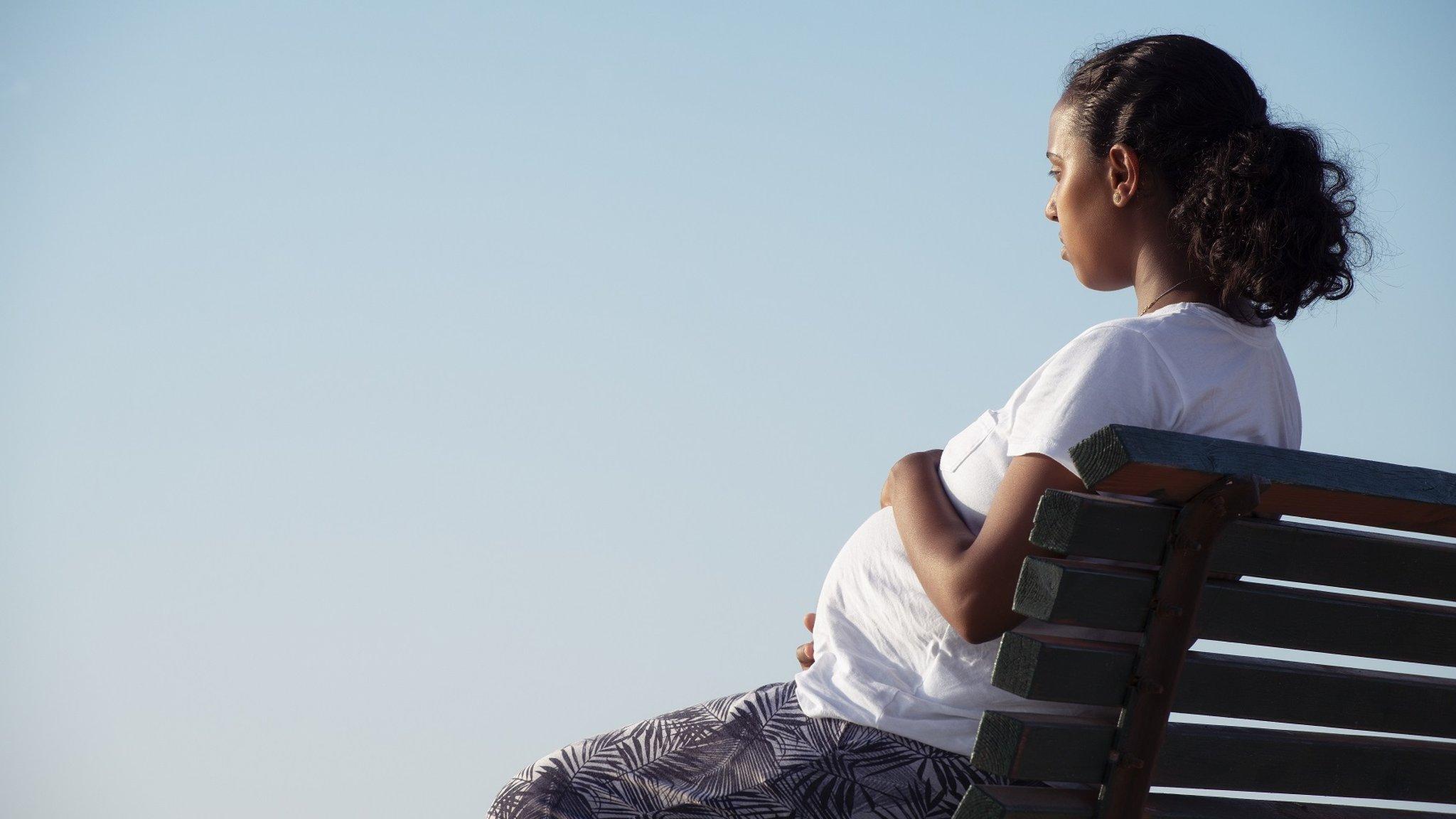Bristol project addresses racism in maternity healthcare
- Published
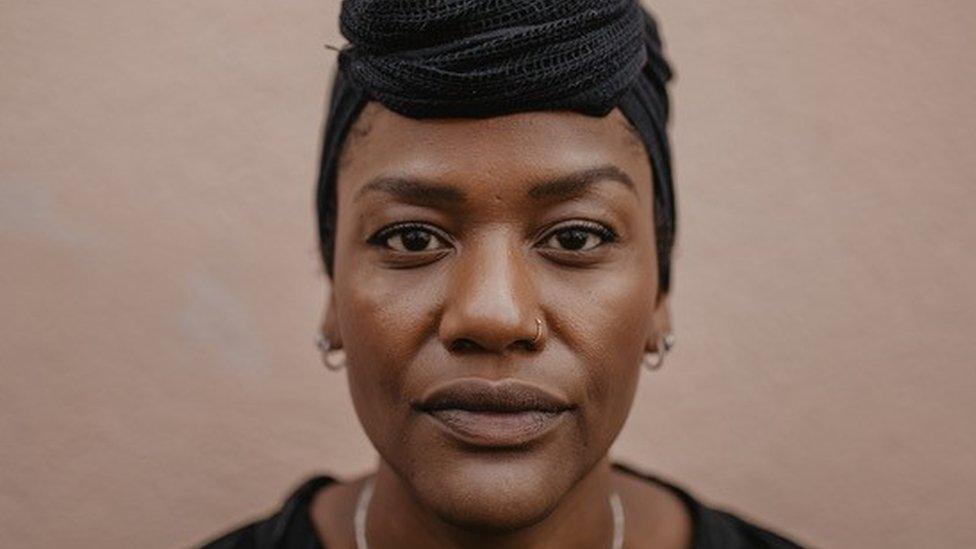
Sonah is determined to change maternity care for black women.
Three mothers have formed a charity to tackle racism in maternity healthcare.
Sonah, Yomi and Aisha, from Bristol, decided to form Black Mothers Matter following their own experiences.
Their new project supports midwives in learning more about the health inequalities faced by black birth givers.
Sonah's first baby was born preterm, something more likely to happen to women of an African-Caribbean background.
"The care for me was quite poor," Sonah said.
As a mother of three, she said she has experienced some discrimination first-hand.
She explained that when her first baby was born preterm, nobody informed her of this risk.
"It was different from the care white parents I saw at hospital received.
"But even so I feel quite lucky, compared to other people."
Sonah said she is determined to contribute to the change in the way black women experience maternity care, through new project Black Maternity Matters
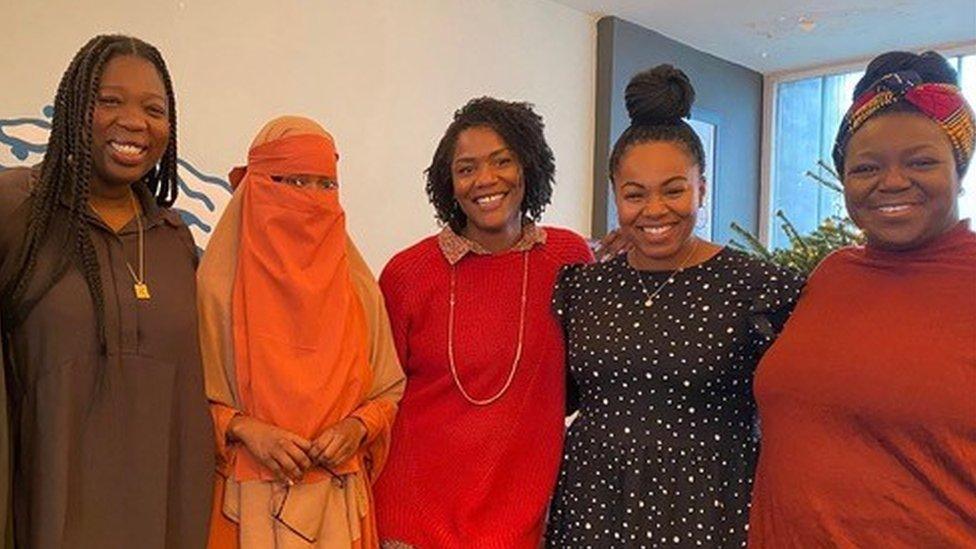
Black Maternity Matters is a partnership between West of England Academic Health Science Network, Representation Matters and Black Mothers Matter.
Maternity mortality rates are over four times higher for black women, twice as high for women of mixed ethnicity and almost twice as high for Asian women, according to data from national audit programme 'Mothers and Babies: Reducing Risk through Audits, external' (MBRRACE-UK).
A lack of physical and psychological safety for black women giving birth was also recently revealed by charity Birthright's one-year review.
The Birthrights report mentions the most common themes of systemic racism in maternity care include a lack of safety, being ignored and disbelieved, dehumanisation, lack of choice and structural barriers.
Founder of Bristol-based organisation Representation Matters, Aisha Thomas said she wasn't surprised about the results of the report.
"It's not shocking, even though, of course, it is," she said.
"But this is a moment of hope and gravitas."
To address the problem locally, midwives, maternity healthcare support workers and maternity care assistants have come together to form a regional collaborative for peer support, exploring the issues faced by Black mothers.
The project - Black Maternity Matters - is a partnership between West of England Academic Health Science Network (AHSN), Representation Matters and Black Mothers Matter and includes training, quality improvement and regular evaluations.
Ann Remmers, Maternity and Neonatal Clinical Lead for the West of England AHSN, commented: "We are so pleased to have this fantastic opportunity to develop this innovative programme to deliver meaningful, actionable improvements to reduce inequity of outcomes for black women within maternity systems."
Aside from raising awareness and campaigning for change, the organisation has been directly supporting black mothers by sending hampers and giving out health advice directed specifically at black women.
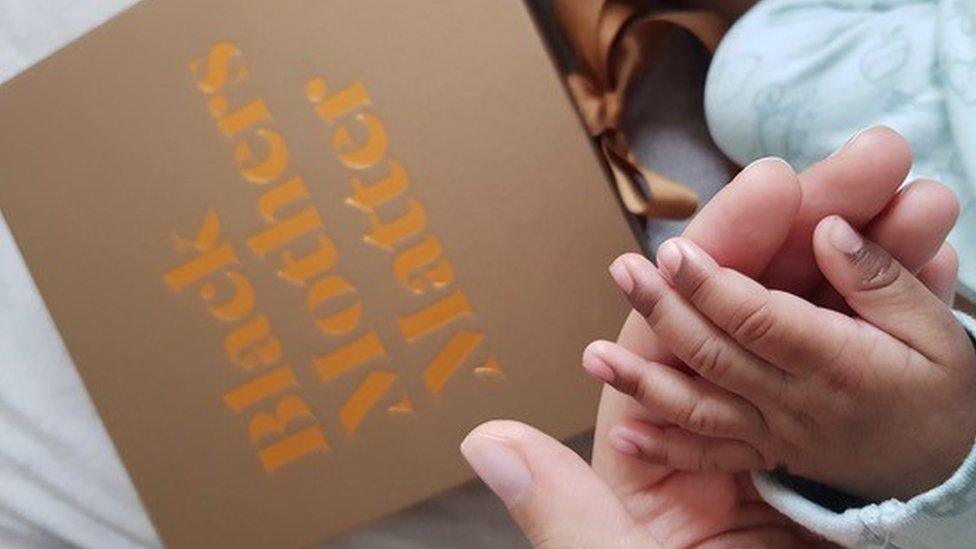
Black Mothers Matter is directly supporting black mothers by sending hampers.
As founder and CEO of Bristol charity Project Mama, Fiona Mann says she has witnessed racism and bias directed towards back mothers.
She has accompanied refugee mothers while giving birth as part of the charity's work.
"One time, I accompanied a black Kenyan woman who was very educated and articulate and spoke English as her first language," Fiona recalled.
"Instead of addressing her during birth, they spoke to me instead."
Fiona added that white European women she accompanied were always addressed directly, even if they do not speak English.
According to Birthrights, the report demonstrates that it is racism, not physical issues, at the root of many inequities in maternity outcomes and experiences.
"This is an urgent human rights issue and urgent action must be taken to address it," the organisation added.

Follow BBC West on Facebook, external, Twitter, external and Instagram, external. Send your story ideas to: bristol@bbc.co.uk , external
- Published11 November 2021
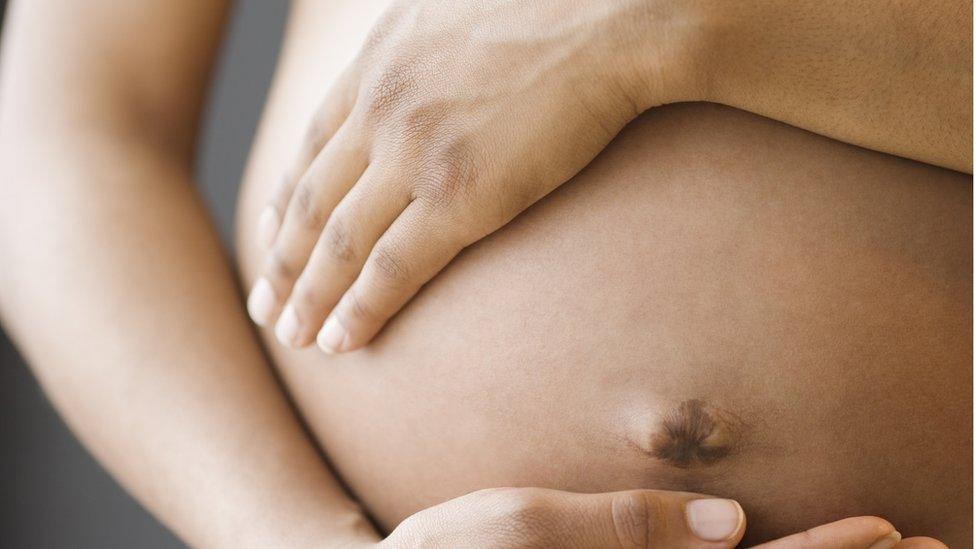
- Published23 May 2022
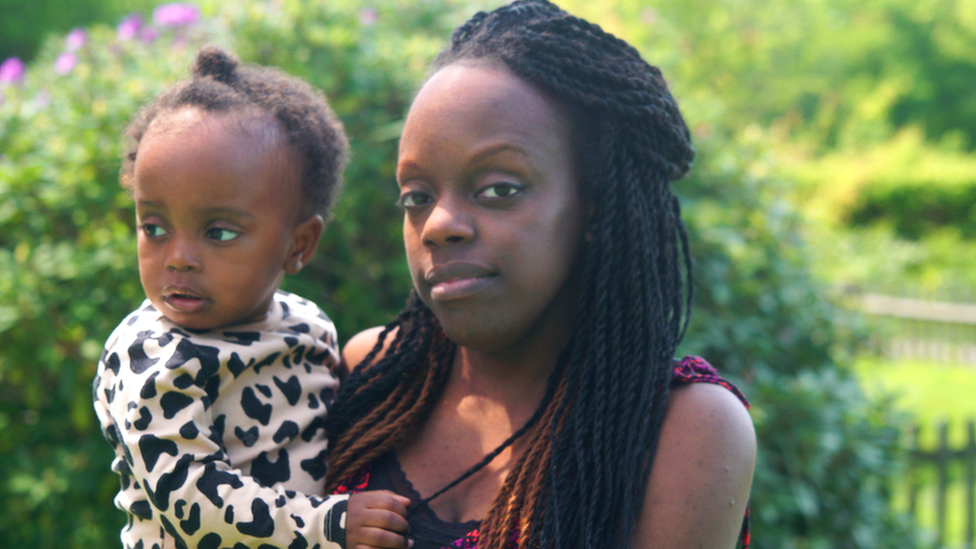
- Published26 October 2018
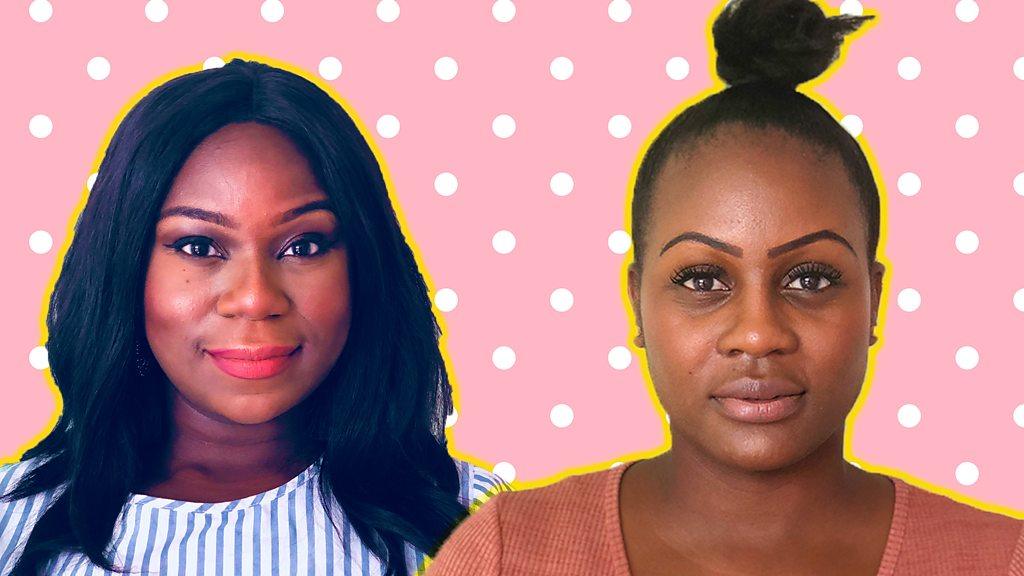
- Published12 April 2019
